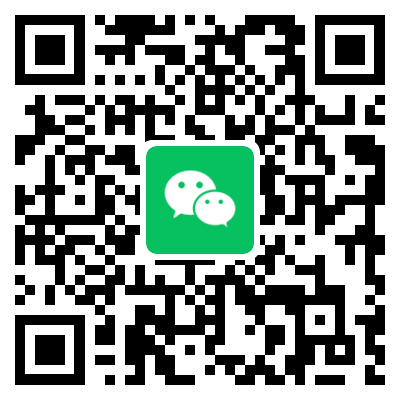In response to the global refugee crisis, innovative solutions are being sought to provide safe and dignified housing for displaced individuals and families. One such solution gaining attention is the use of folding container houses as refugee camps. These innovative structures offer a range of advantages, from rapid deployment to sustainability, making them a promising option for addressing the pressing needs of refugees around the world.
First and foremost, folding container houses are highly mobile and can be rapidly deployed in emergency situations. Traditional refugee camps often struggle to provide adequate shelter quickly, leading to overcrowding and inadequate living conditions. In contrast, folding container houses can be easily transported and set up, providing durable and secure housing in a fraction of the time required for traditional construction. This rapid deployment capability is crucial in meeting the immediate shelter needs of refugees during humanitarian crises.
Furthermore, the modular nature of folding container houses allows for flexibility in design and layout, catering to the diverse needs of refugee populations. These structures can be easily customized to accommodate families of different sizes, individuals with specific needs, and community spaces for social activities and services. The adaptability of folding container houses makes them a versatile solution that can be tailored to the unique requirements of various refugee communities, promoting a sense of stability and belonging during challenging times.
In addition to their practical advantages, folding container houses also offer environmental benefits. The modular and reusable nature of folding container houses reduces construction waste and minimizes the environmental impact compared to traditional building methods. As the world grapples with the consequences of climate change, sustainable housing solutions like folding container houses present an opportunity to provide refugee accommodations while minimizing ecological harm.
Moreover, the durability of folding container houses ensures long-term resilience in refugee settings. These structures are designed to withstand harsh weather conditions and provide a safe and secure environment for inhabitants. By offering sturdy and weather-resistant housing, folding container houses contribute to the overall well-being and safety of refugee populations, mitigating the risks associated with inadequate shelter in temporary settlements.
Finally, the use of folding container houses can foster economic opportunities within refugee communities. With proper planning and support, these structures can be integrated into long-term housing solutions, serving as a foundation for rebuilding livelihoods and establishing sustainable settlements. By creating a more stable living environment, folding container houses have the potential to empower refugees to engage in economic activities and rebuild their lives with dignity and hope for the future.
The advantages of folding container houses as refugee camps are clear. From their rapid deployment and adaptability to their sustainability and resilience, these innovative structures offer a holistic solution to the complex challenges of refugee housing. As the global community continues to address the needs of displaced populations, the use of folding container houses presents a promising avenue for providing safe, dignified, and sustainable shelter to those in need.
Post time: Nov-24-2023







